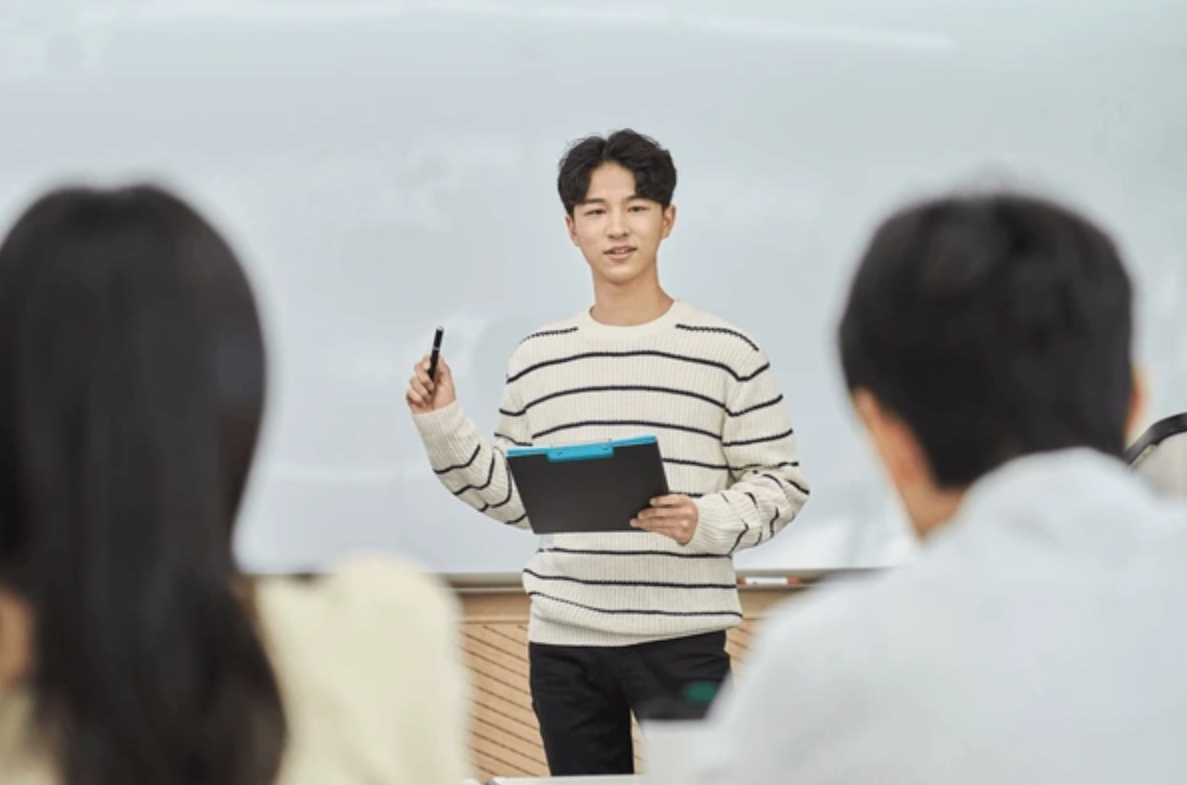In the era of globalization and rapid technological advancement, critical thinking has become one of the most important skills students need to thrive. It’s not merely the ability to question and analyze information, but also the foundation for making sound decisions, solving complex problems, and generating innovative ideas.
In many countries, critical thinking is introduced early in the curriculum, helping students learn how to ask questions, debate, and defend their viewpoints. However, in Vietnam, this skill is still not given the attention it deserves. This raises the question: Are Vietnamese students missing out on one of the most vital skills of the 21st century?
Why Are Vietnamese Students Still Weak in Critical Thinking?

There are several reasons why critical thinking remains underdeveloped in Vietnam’s educational environment.
First, the school curriculum largely emphasizes memorization and passive knowledge absorption, rather than encouraging inquiry or debate. A classroom culture that values “absolute correctness” and “obedience to teachers” often discourages students from expressing different opinions.
Additionally, the exam-driven education system, with its focus on standardized tests and fixed answers, leaves little room for critical exploration. Many students may excel academically but struggle when asked to analyze, critique, or defend an argument. Some parents and teachers also mistakenly equate “critical thinking” with “talking back,” unintentionally stifling the natural development of this essential skill.
The Consequences of Lacking Critical Thinking

The absence of critical thinking can pose significant challenges when students step into international learning environments or the global job market. A student may possess strong academic knowledge, but without the ability to question or analyze information, they risk becoming passive learners.
In foreign classrooms, Vietnamese students often appear hesitant to speak up or debate, which can affect their confidence, teamwork, and creativity – qualities highly valued in modern education. Over time, this lack of critical thinking can make it harder for young people to adapt to future challenges, from career changes to solving global issues.
How to Develop Critical Thinking Skills
Despite these challenges, it is entirely possible to cultivate critical thinking – starting with small, everyday habits. Students should practice asking “why” and “how” instead of accepting a single answer as truth. Reading from diverse sources, comparing perspectives, and forming personal analyses can also help foster multidimensional thinking.
The learning environment plays a crucial role as well. When teachers and parents encourage open discussion and respectful debate, students become more confident in expressing their opinions. Activities such as debating, writing opinion essays, or working in diverse teams are excellent ways to strengthen this skill.
The Role of Mentors in Building Critical Thinking
Not every student can develop critical thinking effectively on their own – and that’s where mentors can make a real difference. A good mentor doesn’t impose answers; instead, they guide students to explore deeper questions, challenge assumptions, and discover solutions independently. This process allows critical thinking to grow naturally and sustainably.
At Mentors14, our personalized 1:1 Mentoring Program not only supports students with academic and university application guidance but also focuses on developing core 21st-century competencies, including critical thinking. We believe that when Vietnamese students learn to analyze, debate, and defend their perspectives, they will gain greater confidence in both their academic journey and international integration.
Critical thinking is not an innate gift – it’s a skill that can be learned and refined. Vietnamese students can absolutely master it if they are nurtured in the right environment and guided effectively.
It’s time we reimagine education: instead of only teaching students what is right, we should teach them how to think about what is right – to question, reason, and form their own viewpoints. Because in the 21st century, critical thinking is more than a learning skill – it’s the key to becoming empowered, creative global citizens.
Read Vietnamese version here.


 VIE
VIE